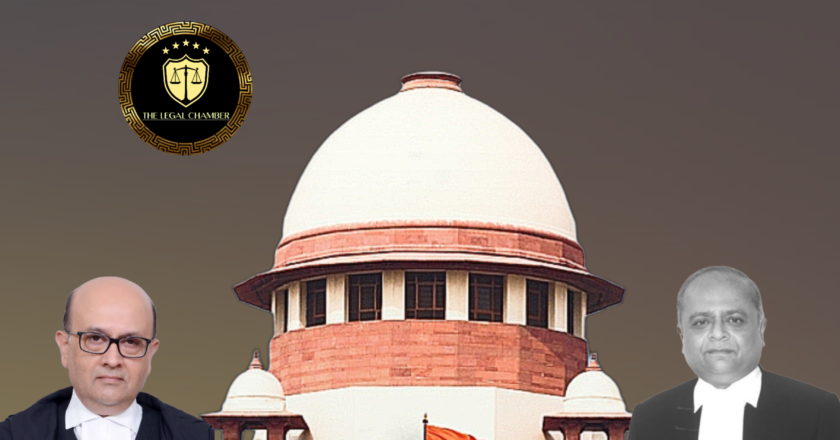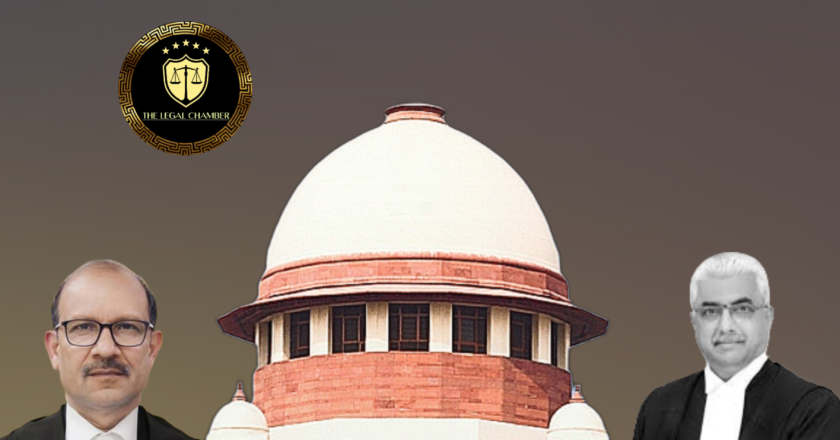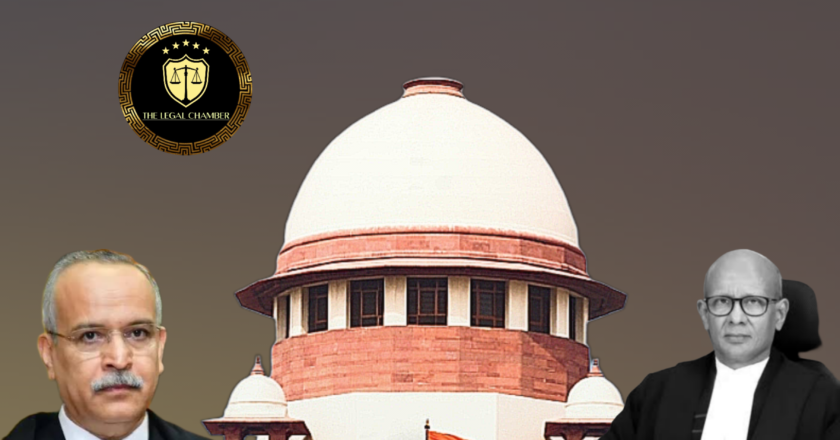“Mere Suspicion Not Proof”:Supreme Court Landmark Ruling on Circumstantial Evidence
This Supreme Court judgment underscores the stringent standards for conviction based on circumstantial evidence. It holds that the prosecution must establish a complete and unbroken chain of circumstances, excluding every hypothesis of innocence. Where gaps exist or alternative possibilities emerge, the benefit of doubt must be accorded to the accused, leading to acquittal if guilt is not proven beyond reasonable doubt.
Facts Of The Case:
An 85-year-old woman, living alone in Coimbatore, was found murdered in her home on the morning of December 19, 2016. She had been strangled with a towel, sexually assaulted, and her two gold bangles were missing. The prosecution's case relied on circumstantial evidence against the appellant, Mohamed Sameer Khan. Key points included that the appellant w...









